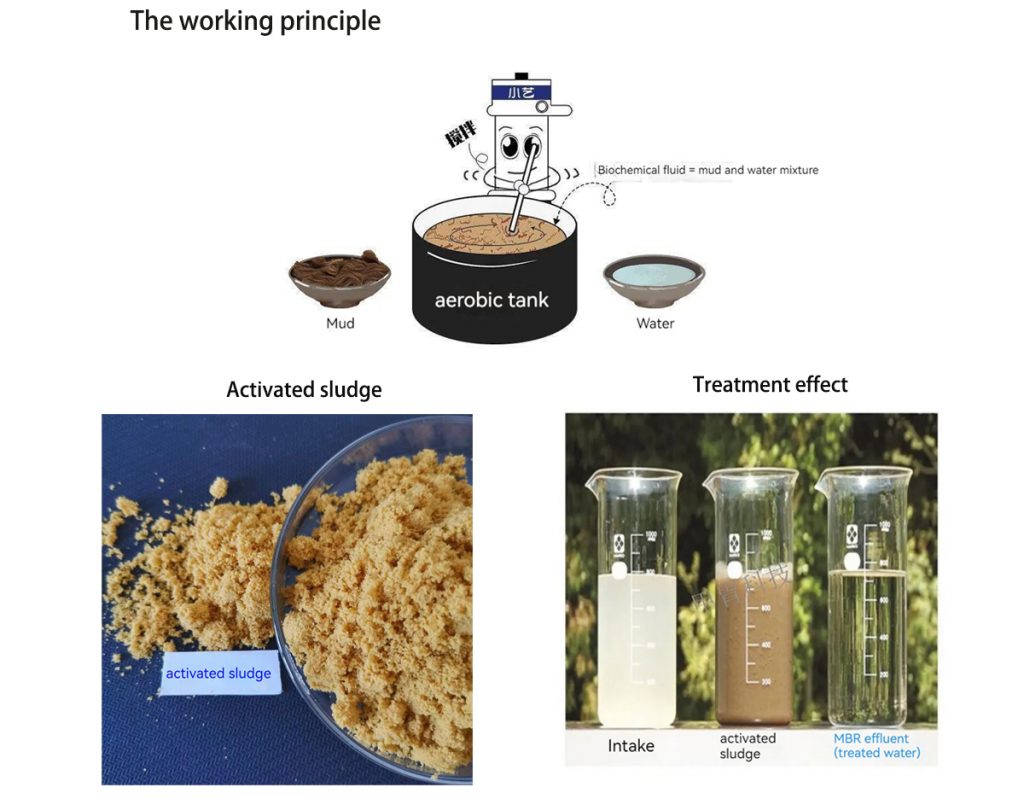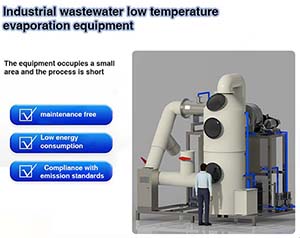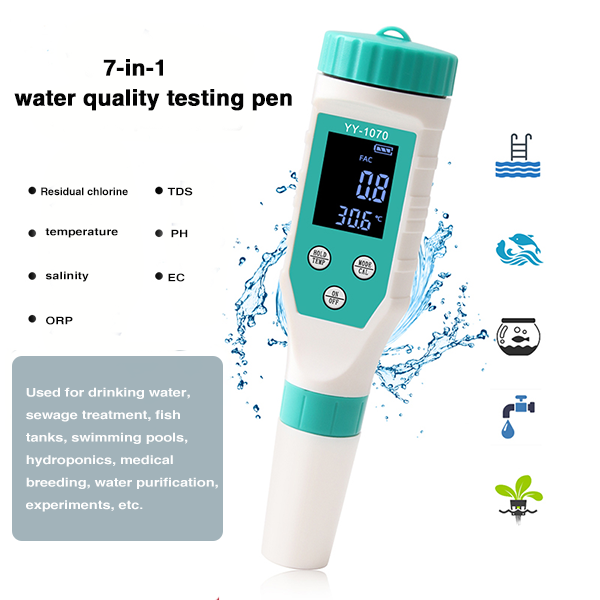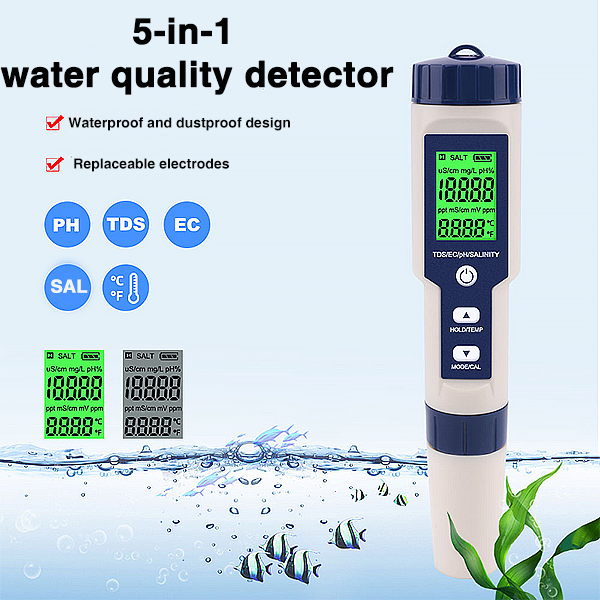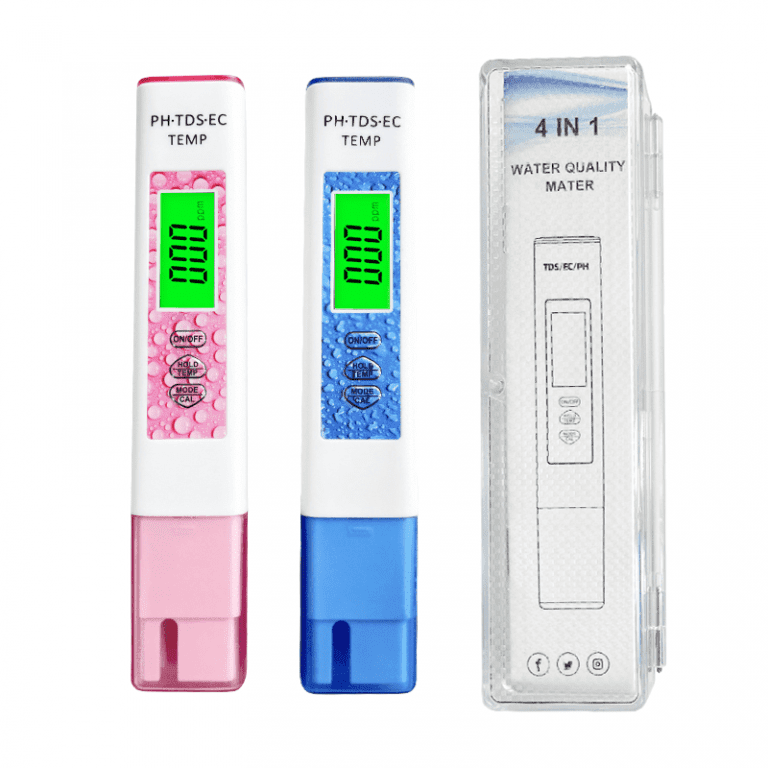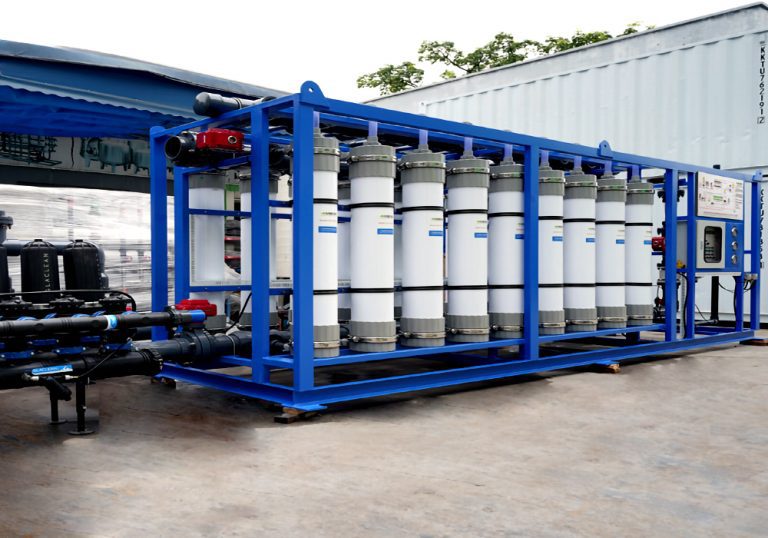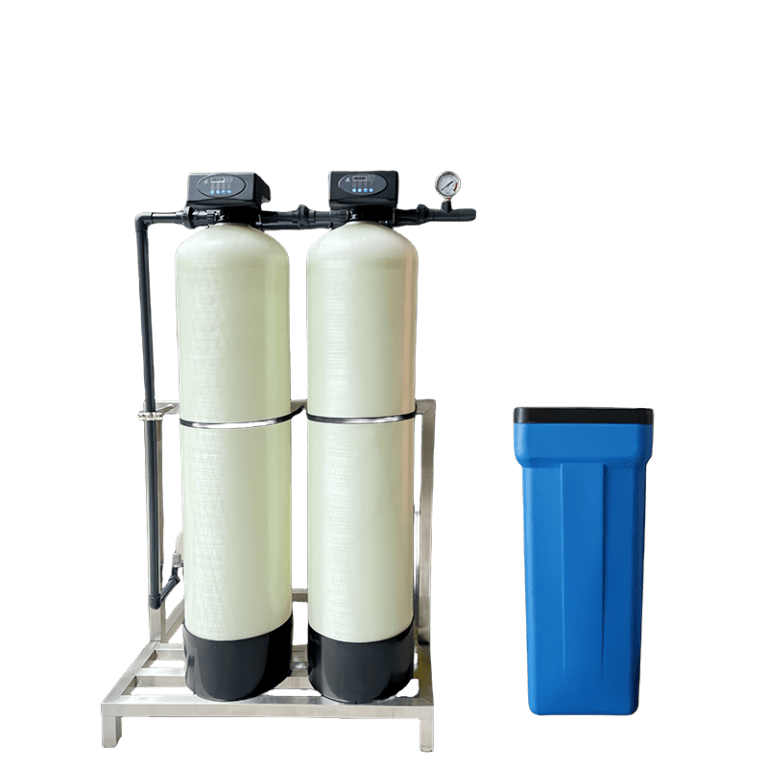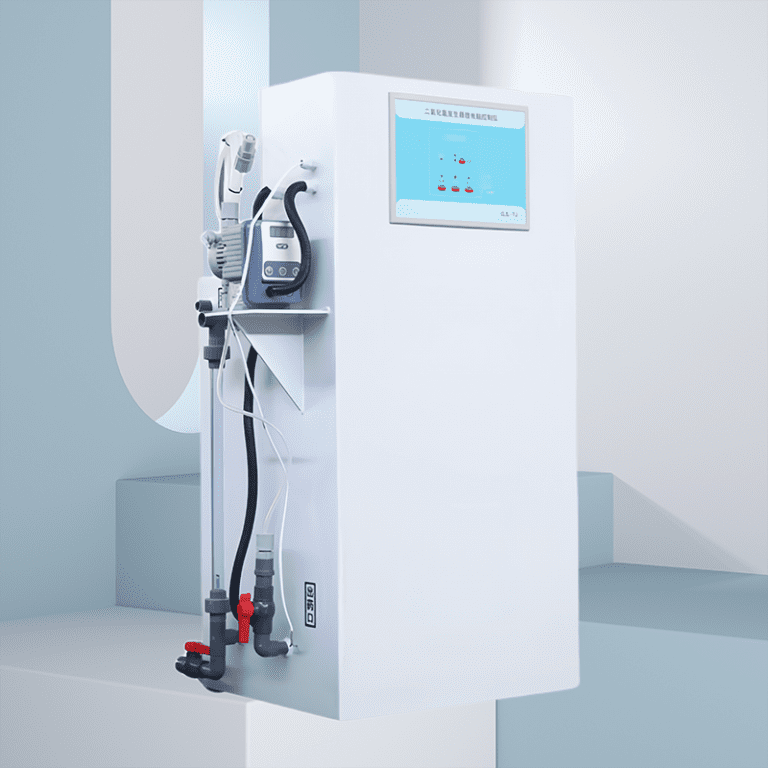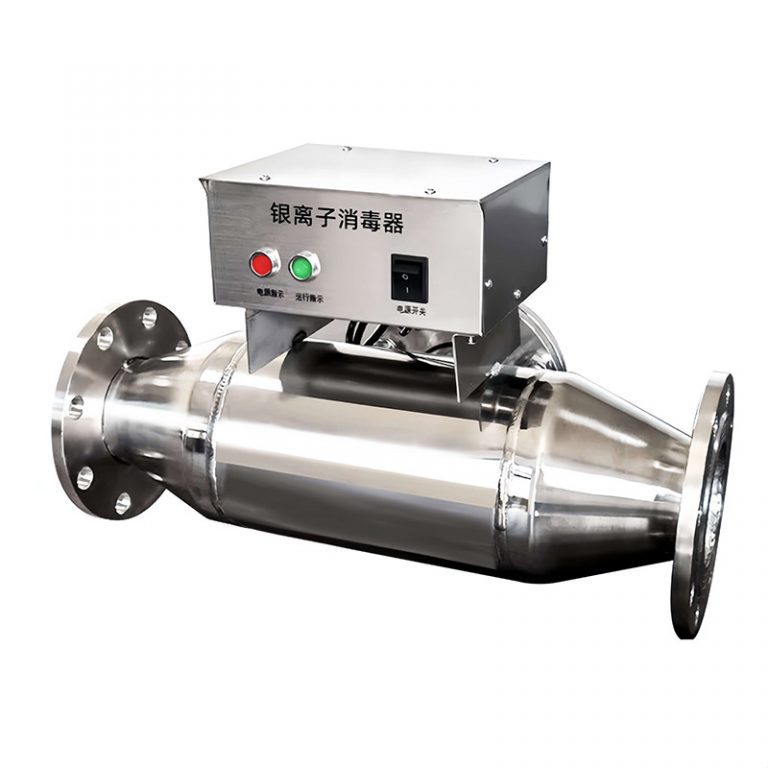The biochemical reaction process in sewage treatment mainly refers to the biological treatment process, which utilizes the metabolic action of microorganisms to convert organic pollutants in sewage into stable and harmless substances. Biochemical reaction process is one of the commonly used methods in wastewater treatment, including various types such as aerobic biological treatment, anaerobic biological treatment, and anaerobic biological treatment.
The selection of these biochemical reaction processes depends on factors such as the characteristics of the wastewater, treatment objectives, and economy. Microorganisms play a crucial role in the treatment process, as they decompose organic matter into harmless substances through adsorption, degradation, and transformation, thereby achieving sewage purification. At the same time, in order to maintain the normal growth and metabolism of microorganisms, it is also necessary to provide suitable nutrients, control pH values, temperature and other

